Surface Transportation Board Chairman Ann Begeman made the request in a Nov. 27 letter to NS CEO Jim Squires.
“I am writing to inform you of my strong concern about the potential dislocation that can result when a railroad makes wholesale operating changes, particularly railroads that have been confronting prolonged service challenges,” Begeman wrote.
Norfolk Southern’s service has been improving, but executives say it’s not where it needs to be after nearly a year of subpar performance, particularly in the Southeast.
To help make further improvements in train velocity and yard dwell, NS is in the early stages of creating a new operating plan that will incorporate key elements of the operating model developed by the late E. Hunter Harrison.
Harrison’s rapid rollout of sweeping operational changes at CSX Transportation in 2017 led to months of service problems, shipper complaints, and increased scrutiny from regulators.
“It is critical for [NS] to work diligently and transparently to avoid similar disruptions to the nation’s rail system and to communicate frequently with its customers and connecting carriers before implementing significant changes,” Begeman wrote.
Squires has said that NS will make changes gradually and only after working with and informing customers first. The goal, he has said, is to minimize the potential for disruption.
NS has said it does not plan to begin a new system wide operating plan until sometime in 2019. The railroad is expected to provide additional details on the scope and timing of operational changes during an investor day scheduled for February.
The STB’s request for weekly meetings between railroad executives and board staff members mirrors its monitoring of operational changes at Union Pacific, which began shifting to a scheduled railroading operating plan on Oct. 1.
Begeman also invited Squires to meet with board members to share details on planned operating changes and how they will affect customers and connecting railroads.
Begeman asked NS to ensure that increases to charges such as demurrage are fair to customers. Beginning Jan. 1, NS will raise charges for demurrage and other fees as part of an effort to encourage customers to load and unload cars more quickly.
The idea is to use freight cars more efficiently, allowing both customers and the railroad to handle the same amount of freight with smaller car fleets.
“While I recognize [NS’s] desire to optimize asset utilization, it is important that tariffs are balanced and create appropriate incentives for both the customer and the railroad,” Begeman wrote.





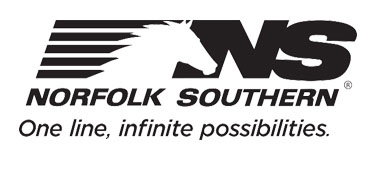

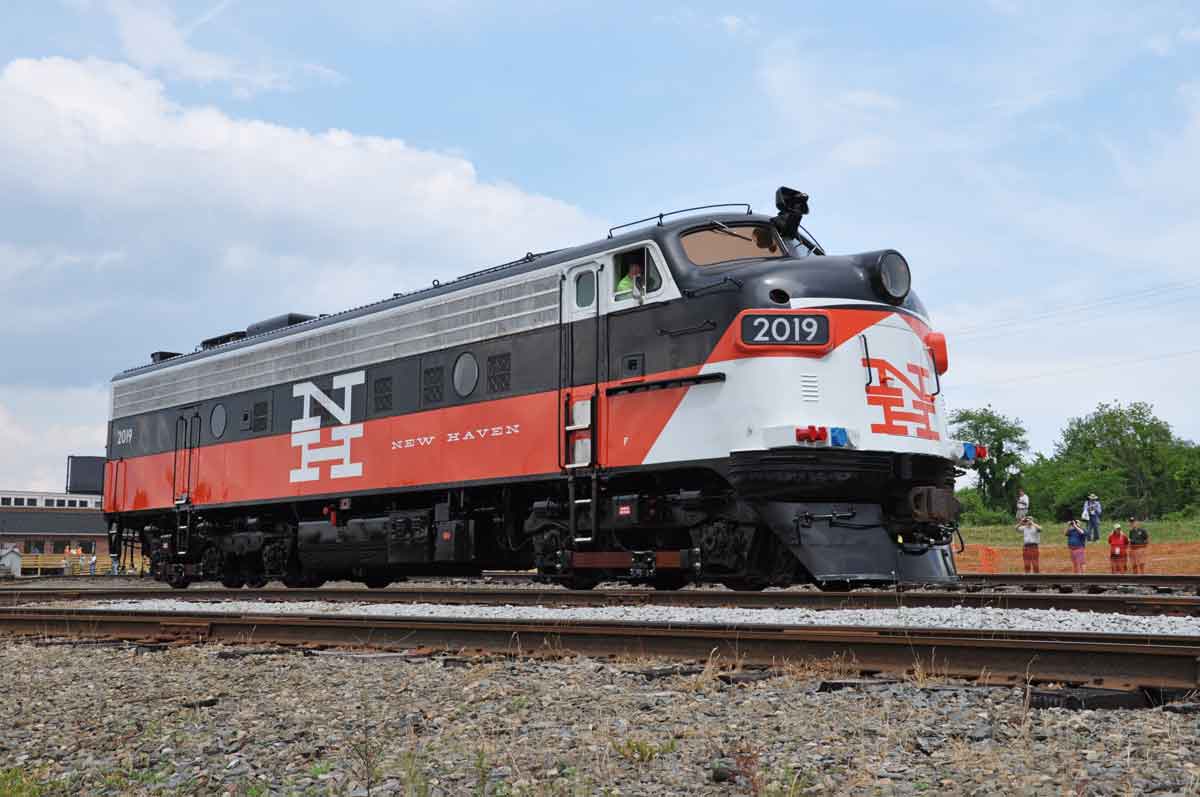
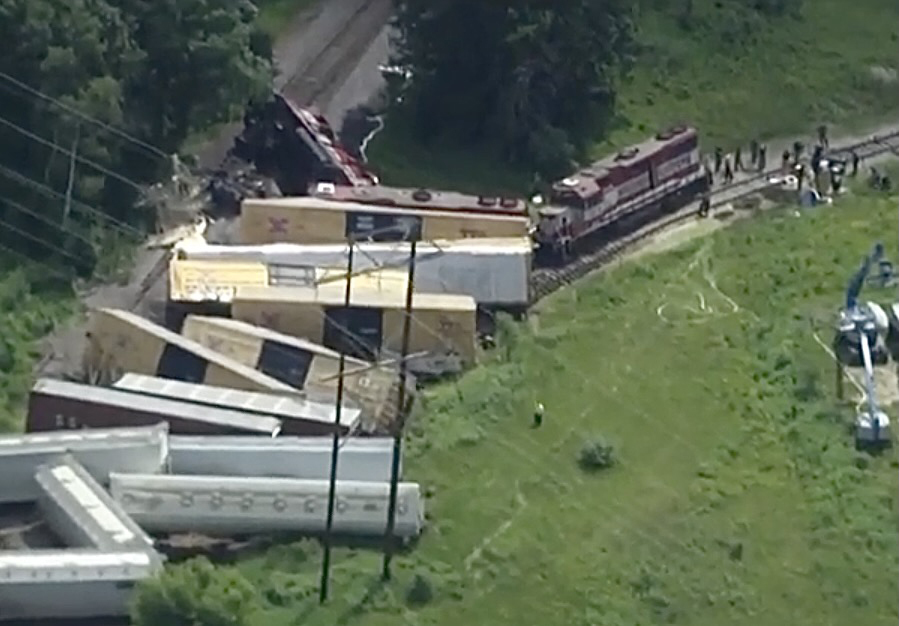
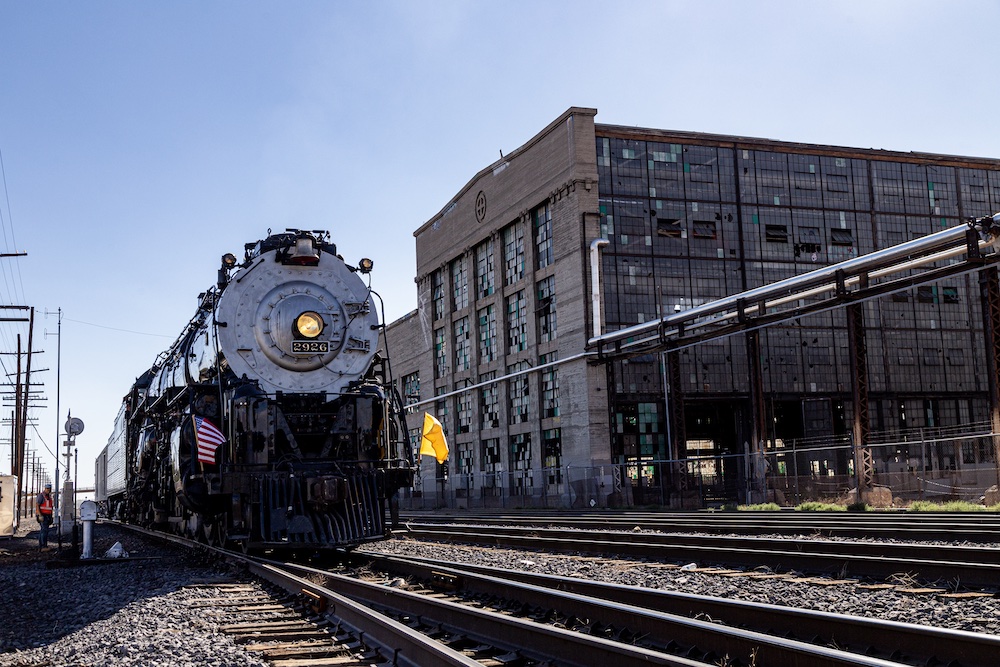
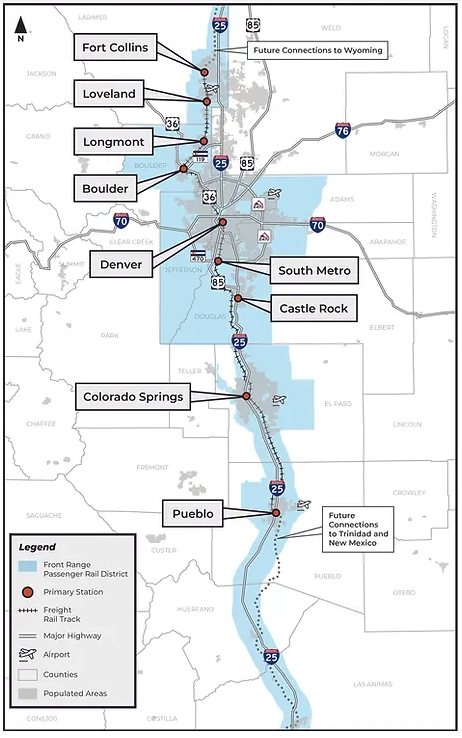




Conrail was running a scheduled railroad 30 years ago.
UP has run a scheduled railroad for years, with the rigor that is required with car scheduling. “Right car – right train – on time.”.
So basically they’re going to try and run freight trains on predictable schedules – just like passenger trains. Interesting concept. (-;
How humiliating for the NS management. Necessary though.
Thankfully, it’s a conference call and not a whole new set of public performance measures.
Norfolk Southern is following the ANTIQUATED operation system, supposedly developed by CSX great ceo that is designed to destroy it’s business and run all it’s business to the highway!!!
Kenneth Attenhofer,
In both the case of NS and UP they are taking PORTIONS of PSR and implementing them in their own way to fit their existing networks. Not setting up the systems to be butchered and shrunk down, at least not mileage wise, but perhaps employee wise, just like all publically owned businesses. Unfortunately for railroads there aren’t 7 Warren Buffets running 7 Berkshire Hathaways, otherwise they wouldn’t have this problem if privately owned and no longer beholden to Wall Street.